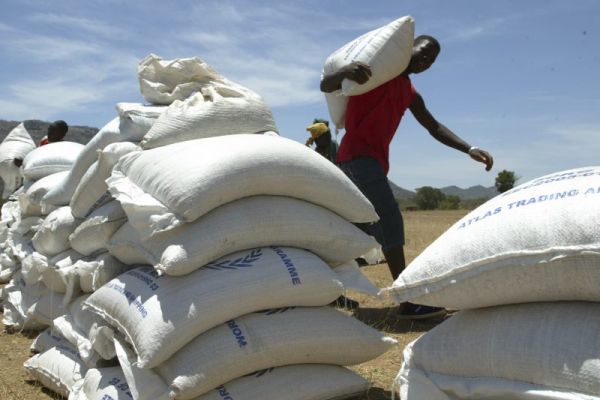The Zimbabwe Livelihoods Assessment Committee (ZimLAC) has commenced its Urban Livelihoods Assessment for 2024, to assess the nutrition status for the urban population.
With parts of the country currently experiencing climate change induced El-Nino drought, this assessment will help in informing policy formulation and programming appropriate interventions to assist those in need.
The exercise, which will be conducted countrywide, is set to run between February 13 and 28, 2024.
In Bulawayo the exercise will be conducted in Makokoba, Nguboyenja, Thorngrove, Emakhandeni, Mpopoma, Entumbane, Matshobana, Pelandaba, Njube, Old Lobengula, Lobengula Extension, Luveve, Gwabalanda, Cowdry Park, and Nqameni.
The other targeted suburbs are Pumula, Magwegwe, Hyde Park, Pelandaba West, Nketa, Mganwini, Rangemore, Nkulumane, Tshabalala and Siziba.
Food and Nutrition Council Director of Knowledge Management, Perpetual Nyadenga, said the exercise seeks to estimate the urban population that is likely to be food insecure in 2024, their geographic distribution and the severity of their food insecurity.
She said in each domain, data will be collected from 300 households by ZimLAC enumerators who have been recruited from Government, United Nations, Technical partners and Non-Governmental Organisations.
“The specific objectives of the assessment are to assess the nutrition status for the urban population, to describe the socio-economic profiles of urban households in terms of such characteristics as their demographics, access to basic services (education, health services and water, sanitation and hygiene services), assets, income sources, urban agriculture, incomes and expenditure patterns, food consumption patterns and consumption coping strategies,” Nyadenga said.
“The exercise further seeks to characterise urban livelihood options for the urban population and factors impacting on these livelihood options and to provide practical recommendations to inform humanitarian and developmental interventions for enhanced livelihoods.”
Nyadenga further highlighted that data from the annual livelihoods assessments is critical for informing the development of holistic food and nutrition programs.
“The Livelihoods Assessments help to inform the development of evidence-driven policies, programmes and interventions, inform planning for targeted interventions, inform short, medium and long-term interventions that address immediate and long term needs as well as building resilient livelihoods,” she said.
“The data also helps to monitor and report towards commitments within the guiding frameworks of existing national food and nutrition policies and strategies among them the National Development Strategy 1, the Food and Nutrition Security Policy and the Zero Hunger Strategy. It helps to monitor interventions to ensure adherence to the principles spelt out in regional and international frameworks which Zimbabwe has committed itself to, including the Comprehensive African Agriculture Development Programme and the Sustainable Development Goals and to guide early warnings for early action.”
Listed below are the areas the assessment will be conducted in Bulawayo.
| Province | Domain |
| Bulawayo | Bulawayo North (Makokoba, Nguboyenja, Thorngrove) |
| Emakhandeni (Emakhandeni, Mpopoma, Entumbane, Matshobana, Pelandaba, Njube, Old Lobengula, Lobengula Extension) | |
| Luveve (Luveve, Gwabalanda, Cowdry Park, Nqameni) | |
| Magwegwe-Pumula (Pumula, Magwegwe, Hyde Park, Pelandaba West) | |
| Lobengula (all except Extension and Old) | |
| Nketa-Mganwini (Nketa, Mganwini, Rangemore) | |
| Nkulumane-Tshabalala-Siziba |

